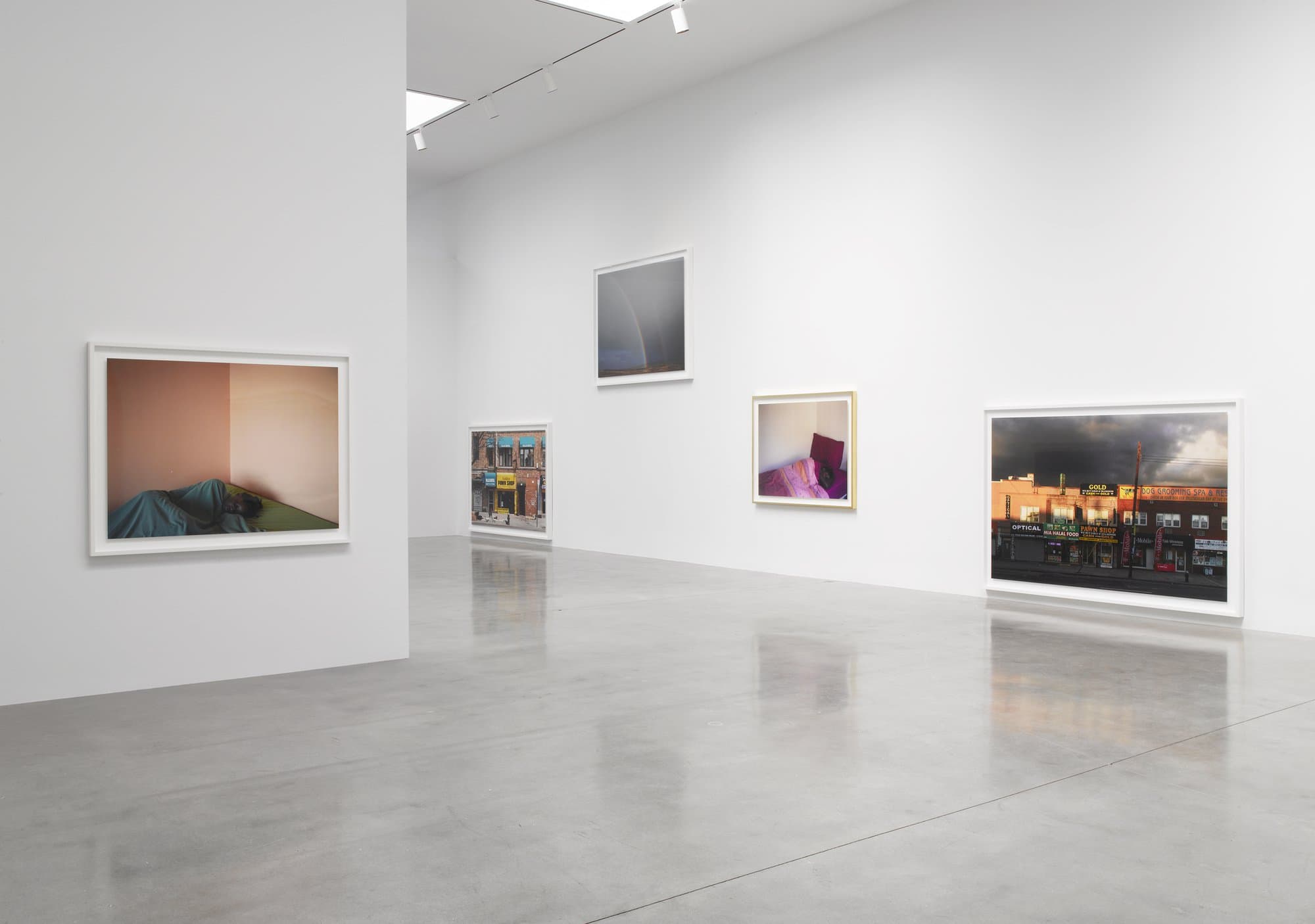Museums Institute Permanent Protective Measures for Artworks Amidst Climate Activist Protests

Paul Graham, a prominent essayist and investor, recently highlighted a significant shift in museum practices, observing that an Italian museum renovating its premises plans to rehang all paintings under protective glass. "All the paintings will be under glass when they're rehung, 'because people throw soup on them'," Graham stated in a tweet, attributing this change to the actions of climate activists. This development underscores a broader, potentially permanent, alteration in how cultural institutions safeguard their collections globally.
The decision by museums follows a series of high-profile incidents where climate activist groups, including Just Stop Oil and Riposte Alimentaire, have targeted renowned artworks. Since late 2022, activists have thrown various substances, such as tomato soup on Vincent van Gogh's "Sunflowers" in London and mashed potatoes on Claude Monet's "Grainstacks" in Germany. The Mona Lisa at the Louvre in Paris was also splattered with soup in January 2024, though it remained undamaged due to its protective glass.
These actions are intended by activists to draw urgent attention to the climate crisis, often posing the question, "What is worth more, art or life?" While the artworks themselves have largely been protected by glass, some frames have sustained minor damage, leading to arrests and jail sentences for several protestors. Public and political reactions have been largely condemnatory, with leaders like former UK Prime Prime Minister Rishi Sunak calling such groups "a disgrace."
The widespread nature of these protests has prompted museums worldwide to re-evaluate and enhance their security protocols. The move towards permanently encasing artworks in protective glass, as noted by Graham, reflects a long-term response to these disruptive tactics. Notably, Just Stop Oil announced in March 2025 that it would be ending such direct actions targeting art, stating they had achieved their primary goal of preventing new oil and gas licensing in Britain.
Despite the shift in activist tactics, the perceived need for enhanced protection appears to be a lasting legacy. Graham's tweet reflects a sentiment that these protests have "changed the world permanently for the worse" by forcing cultural institutions to alter the viewing experience of priceless art. This ongoing evolution in museum conservation highlights the tangible and enduring impact of climate activism on global cultural heritage.